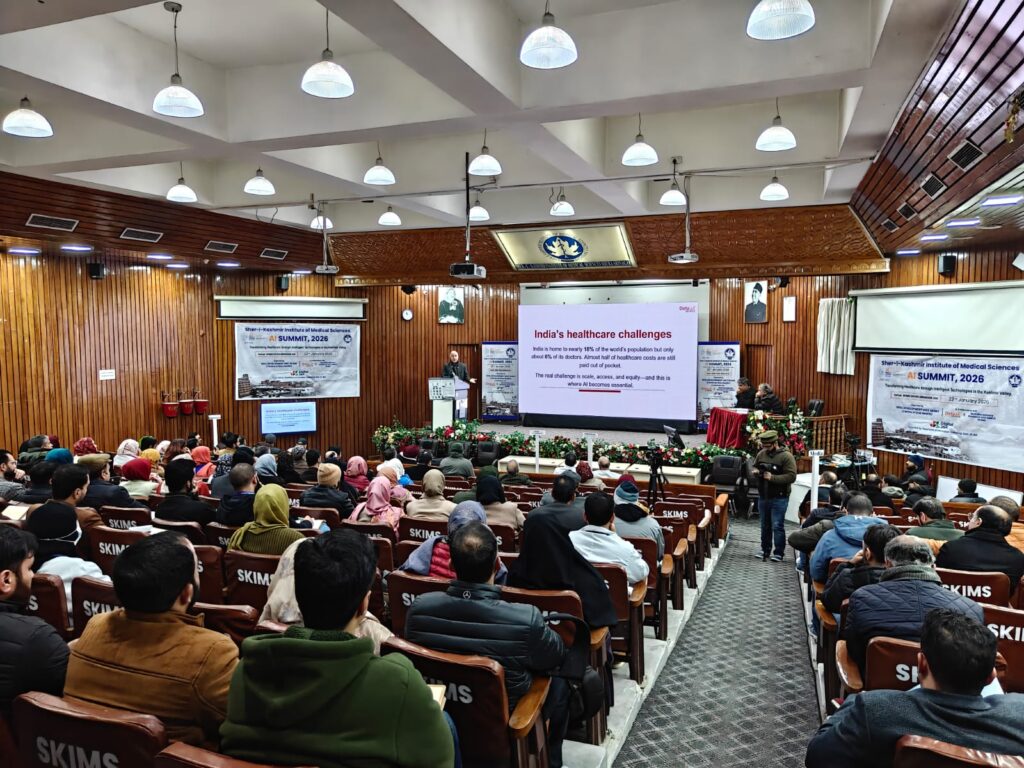AI accurately detects patient race from medical images – even when humans can’t: Study
Biased algorithms can perform poorly in historically marginalized groups, amplifying healthcare inequities, says research published in Nature
Author
Author
- admin / 9 months

- 0
- 3 min read

Author
Artificial intelligence systems can accurately identify a patient’s race from medical images even when clinical experts cannot, according to new research that raises concerns about potential bias in healthcare applications.
A study published in the European Heart Journal – Digital Health found that AI models trained on cardiac magnetic resonance (CMR) imaging could reliably classify patients by race, primarily by focusing on areas outside the heart rather than the cardiac structures themselves.
“Distributional differences between annotated CMR data of White and Black races are predominantly image-based, not segmentation-based,” the researchers reported. “Most of the differences occur in areas outside the heart, such as subcutaneous fat.”
When researchers cropped images tightly around the heart, the AI’s ability to classify race dropped nearly to chance levels. However, even with cropped images, some bias persisted in AI segmentation models.
The findings align with previous research showing AI can predict self-reported race from various medical imaging types with high accuracy, even when images are corrupted or modified.
“Our finding that AI can accurately predict self-reported race, even from corrupted, cropped, and noised medical images, often when clinical experts cannot, creates an enormous risk for all model deployments in medical imaging,” noted researchers in a related study published in The Lancet Digital Health.
The capability creates a significant challenge for medical imaging applications, as AI models might make race-specific errors that human radiologists cannot detect, potentially leading to healthcare disparities.
Dr. Tiarna Lee and colleagues from the UK conducted the cardiac imaging study using data from the UK Biobank to understand why AI segmentation tools perform differently across racial groups.
The research identified several possible confounding factors contributing to segmentation bias for Black subjects, though none were found for White subjects.
AI algorithms can amplify healthcare inequities
These studies highlight a growing concern that AI algorithms in cardiovascular care could amplify existing healthcare inequities based on race, ethnicity, gender, and socioeconomic status.
“AI bias can arise from any step in the development, validation, and evaluation of algorithms,” researchers noted in a Nature study. “Biased algorithms can perform poorly in historically marginalized groups, amplifying healthcare inequities.”
Experts suggest several approaches to mitigate bias, including more diverse training datasets, algorithm testing across demographic groups, and developing AI equity frameworks.
The findings underscore the importance of addressing AI bias as these technologies become more integrated into medical imaging workflows and diagnostic processes, particularly in cardiovascular care where early detection can significantly impact patient outcomes.
Also read: Explainer: Can artificial intelligence replace doctors? – First Check
(Do you have a health-related claim that you would like us to fact-check? Send it to us, and we will fact-check it for you! You can send it on WhatsApp at +91-9311223141, mail us at hello@firstcheck.in, or click here to submit it online)










